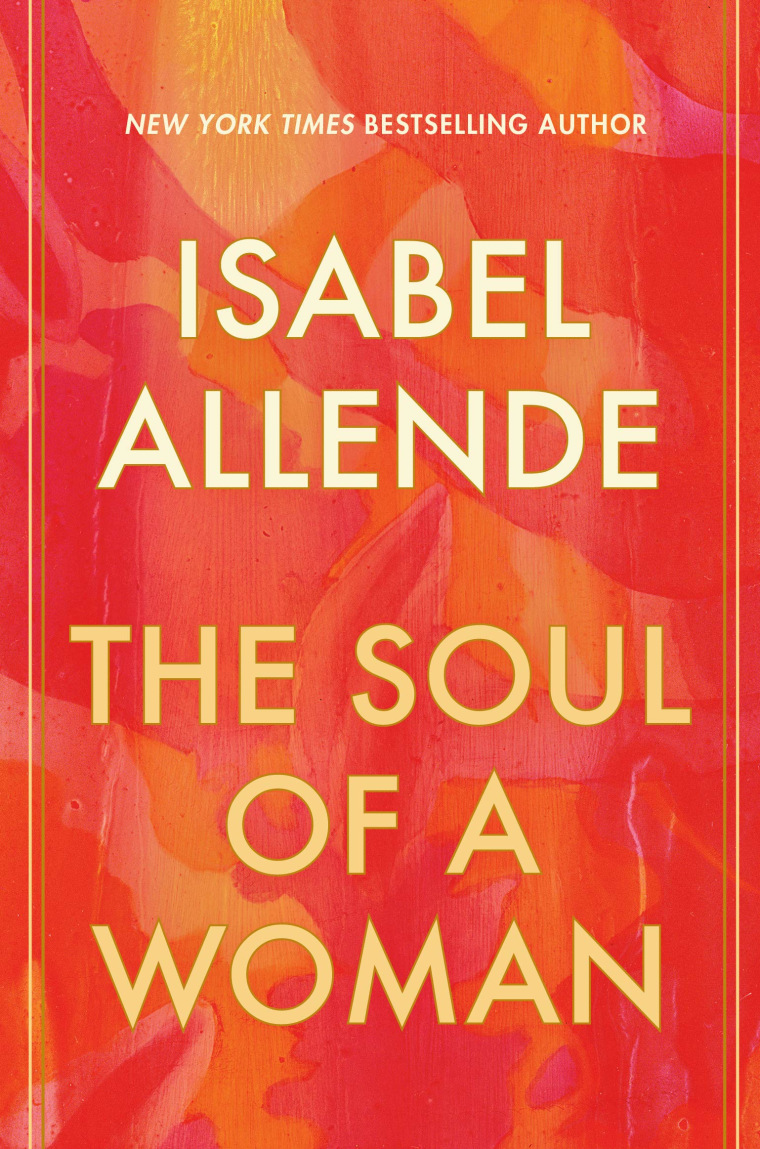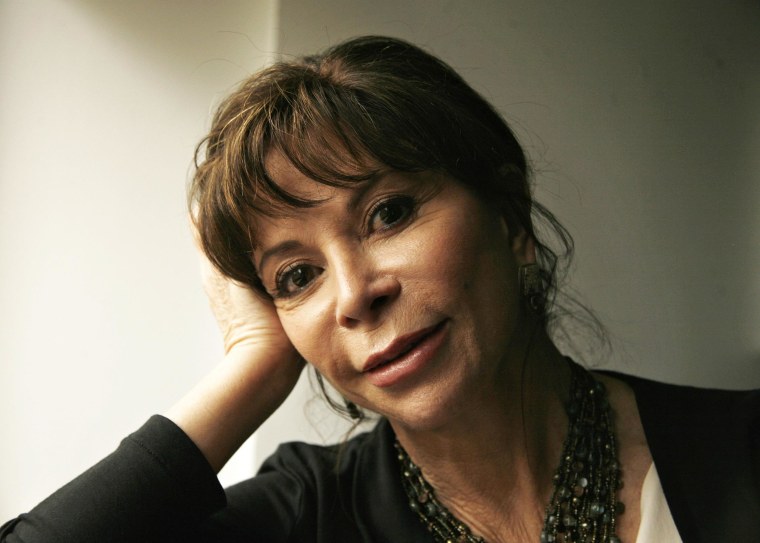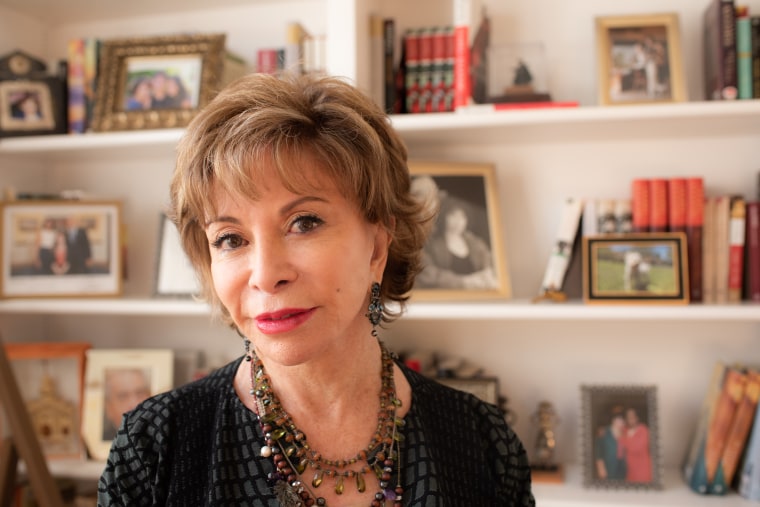Famed author Isabel Allende has written powerfully about the female experience in her novels, and according to her new memoir, her feminist awakening began at a very early age.
“When I say that I was a feminist in kindergarten, even before the concept was known in my family, I am not exaggerating,” Allende wrote in the beginning of her memoir “The Soul of a Woman,” released earlier this month. “I was born in 1942, so we are talking remote antiquity. I believe that the situation of my mother, Panchita, triggered my rebellion against male authority.”
Allende recently chatted with Know Your Value’s Daniela Pierre-Bravo to discuss her formative years, how she translated rage into action and the key barriers for women that still exist today.
Pierre-Bravo, who was raised in South America like Allende, noted the culture there is conservative and was even more so decades ago — yet in the memoir, she said, it seems Allende has always had the confidence to speak up. “Is that the case?” Pierre-Bravo asked. “Or did you really have to work at it?”
“The rage against chauvinism was natural,” Allende said. “I think I was born with it. But the process of transforming the rage into action took years. And it didn't happen until my mid-20s, when I started working as a journalist at a feminist magazine — then I could find an articulate voice to express that rage and to talk about other things that needed to be [discussed].”
One driver of Allende’s early anger was witnessing her mother’s suffering. Allende opened “Soul” by sharing that Panchita’s husband abandoned her in Peru with two toddlers and a newborn, forcing her to return to her parents’ home in Santiago, Chile, where Allende spent her early years.

Later in “Soul” she shared that, for decades, she viewed her mother as a victim. She recalled her early childhood when Panchita “seemed trapped, vulnerable and sometimes desperate.” But Allende came to realize that as a young woman coming of age in the 60s, riding the second wave of feminism, her experience was quite different from her mother’s.
“In my mother's generation, the struggle was for women to vote,” Allende told Pierre-Bravo, later adding, “My generation had pushed forward a lot of rights that today are, are practically taken for granted by younger generations — at least in this part of the world. But now there's a new wave of young feminist: the #MeToo movement, and many others that have that are much more inclusive.”
Yet Allende has always felt like “an eternal foreigner.” After being born in Peru then raised in Chile, her mother married a diplomat with whom they traveled often — then later she was in political exile and became an immigrant.

“I have never had the idea that I totally belong in a place,” Allende said. “How am I perceived, it has never worried me much…I’ve never tried to assimilate to the point of leaving behind my culture, my language, the way I look. I think that I can have everything. Why should I have less? I have more. It's good to be bicultural.”
The Presidential Medal of Freedom recipient is best known for her magical realism novels. Starting from the instant 1982 worldwide bestseller “The House of The Spirits,” (later adapted into a feature film starring Meryl Street and Glenn Close) to “A Long Petal of the Sea,” her books explore themes of justice, loyalty, death, politics, social issues and more.
The former journalist is now a world-renowned best-selling author, with her books — translated in more than 42 languages — selling 75 million copies, making her the highest-selling Spanish-language author in the world.
Beyond her writing itself, she has helped empower women around the world through her career and philanthropy. When her first book was published to international acclaim in a male-dominated industry, it acted as a catalyst for Latin American women writers to be taken seriously. She also founded The Isabel Allende Foundation, to support and empower women and girls around the world. The foundation started from a seed investment from the earnings of her New York Times best-selling memoir “Paula,” in which she chronicled the tragic loss of her 29-year-old old daughter in 1992. The foundation invests in many organizations and initiatives that help women and children who have been separated at the U.S. border, those who are victims of human trafficking, and more.
When starting her career decades ago, her agent told her she’d have to work twice as hard to get half the recognition a man would receive. But she persevered.
“It has taken 50 years, but I have been able to do it,” Allende said. “So it's true; it takes a huge effort. But now, more and more women are publishing. They're being heard.”
Allende noted that there aren’t yet enough women in positions of power, and until we reach that “critical” number, challenges will remain. The best approach they can take to change that is to come together.
“Talk to each other — women alone are vulnerable, women together are invincible,” Allende said. “You will see that your sisters have the same problems you have, that by narrating your own life by sharing your story, your worries, your dreams, you become part of the community. And that makes you very strong.”
Daniela Pierre-Bravo contributed to this article. You can follow her on social media @dpierrebravo.
